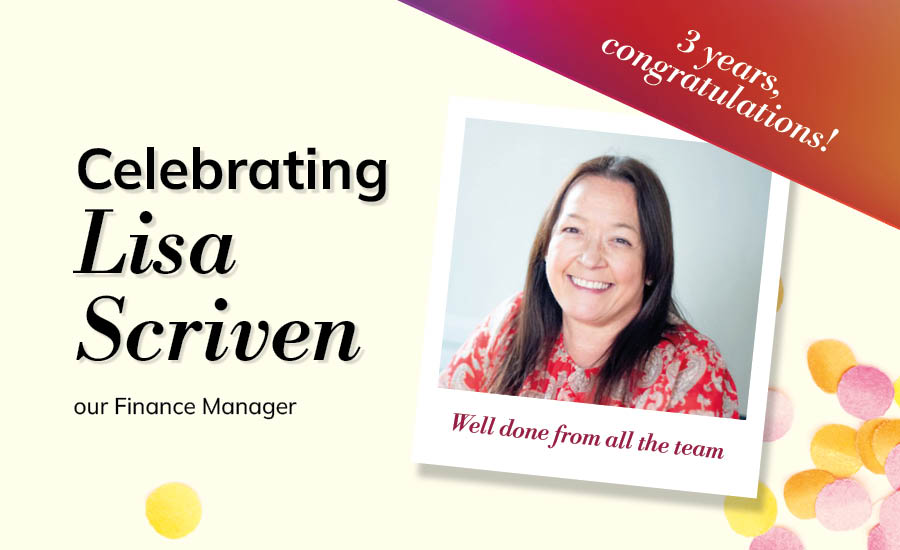Cast your mind back nearly 20 years to another epidemic that hit our shores – Foot And Mouth disease.
This epidemic spread rapidly amongst cattle and plunged the agricultural industry into a terrible crisis.
But there were others who were affected too. For example, if consumers became afraid to purchase meat, that was going to severely impact the revenue generated by retailers.
Sainsbury’s, for one, knew what to do.
The very same afternoon that the epidemic was declared, on February 22, 2001, it activated its Business Continuity Management Team[1].
This group immediately assessed the potential impact of the event, and identified where contingency plans would have to be activated.
They immediately agreed on the information that would be relayed to customers and store guidelines, and cascaded them through the organisation.
They liaised with retail industry bodies, government offices and the media, and set in motion plans to gather data from every store.
Printed publications such as recipe cards and various promotions had to be adapted.
And the group continued to meet daily, in order to re-evaluate what action was necessary to help the supermarket chain through this threat.
Ultimately, the crisis was not easy for anyone. But because Sainsbury’s had thought through the potential issues in advance, it was able to adapt quickly and mitigate the damage, where possible.
Corporates take this kind of risk management and contingency planning very seriously, because they do not want to be blind-sided by events that threaten their business – but are out of their control.
And now, it’s time that smaller businesses do the same.
You see, if you’re lucky, Coronavirus has been your first real brush with a disaster that threatens your business.
But potential threats are really not that rare.
In addition to pandemics, there are recessions, changes to your industry, new competition, disruptions to your supply chain, fires, floods, hackers and cyber attacks, regulation changes…
And over the next few months, there are two very real risks almost every business will face.
First, difficult economic conditions – which actually isn’t a “risk”, it’s a given. And second, a resurgence of Coronavirus.
Just think: How would your business cope with either of these scenarios? How would your operations be affected? How would the landscape in which you operate change?
….Could you even survive?
To get through these severe challenges, especially after months of lockdown, will take real resilience.
Over the past few weeks, I’ve been discussing the three steps you need to take, to give yourself that resilience.
You need cash reserves to get you through a rainy day. You need to make sure you’re not reliant on any one individual in case they are incapacitated or unavailable, and instead have robust financial systems and processes in place.
And third, you have to have a risk register, where you’ve thought about some of the most likely scenarios in advance, and worked out a plan of action.
For example, what would happen if you suddenly lost 50% of your clients?
What if a supplier you utterly depended on went bankrupt?
What if the pound suddenly nose-dived?
Or if 50% of your team was suddenly unable to work, because they were caught in the second wave of Coronavirus?
Of course, every business faces different risks – yours might be entirely different.
And no, you can’t predict absolutely everything.
But responsible, grown-up businesses do think through the most likely issues and prepare for them, because they know that if they don’t, they place themselves in existential danger.
You need to, as well.
That’s where we can help.
You see, we’re an outsourced finance department…
…Here to help you manage your finances efficiently, plan financially and make the very best financial decisions for the future of your business.
Unlike a traditional accountant, we’re constantly looking ahead, to put in place all the elements you need to reach your financial goals…
…And to overcome any obstacles that might stop you.
Working out what serious events might disrupt your business is a key part of your financial management.
The truth is, very few businesses could have predicted Coronavirus.
But we can all see the economic turmoil and potential resurgence of Coronavirus coming from a mile off.
It would be irresponsible – in fact, a grave mistake – to ignore them.
Get in touch today, to discuss how we can help get you into the strongest possible financial position. I’ll get right back to you.
Warm Regards,
Garry





